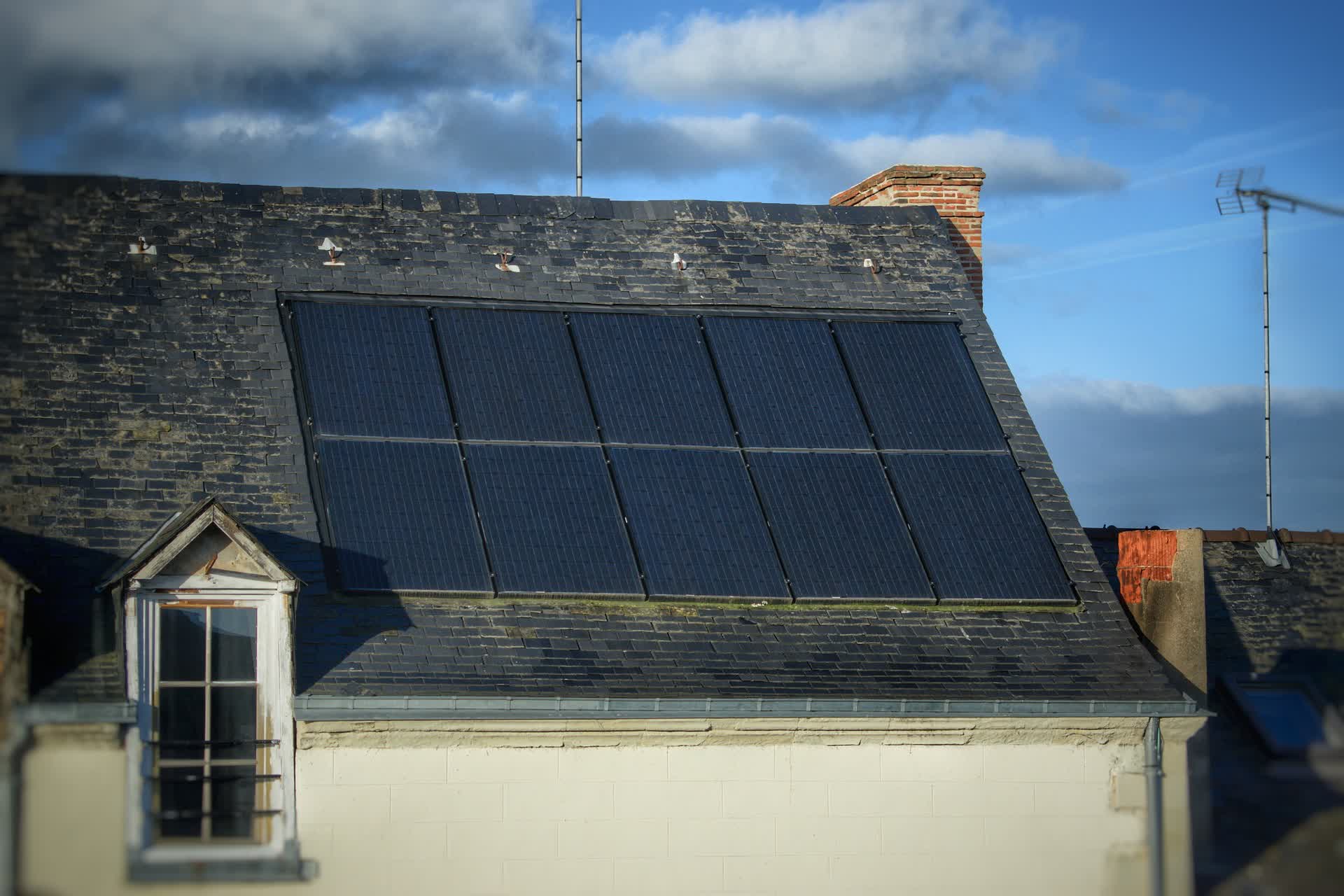Forward-looking: Renewable energy sources such as solar and wind have become significantly cheaper than fossil fuels in recent years. However, their intermittent nature has hindered widespread adoption as reliable sources of power. Fortunately, this hurdle may soon be overcome due to the plummeting costs of battery storage, as outlined in a new report from the International Energy Agency (IEA).

The IEA's "Batteries and Secure Energy Transitions" report finds that capital costs for battery storage systems are projected to fall by up to 40 percent by 2030. This significant cost reduction will make combining solar and wind with battery storage more affordable than building new coal or gas power plants in many parts of the world.
While lithium-ion batteries currently dominate both the energy storage and transportation markets, the report highlights the increasing adoption of cheaper lithium iron phosphate (LFP) battery chemistry. LFP batteries accounted for 80 percent of new stationary storage batteries in 2023.
In transportation, lithium-ion batteries comprise about 90 percent of annual demand as the dominant chemistry in electric vehicles. However, the report states that sodium-ion batteries, which are expected to account for less than 10 percent of EV batteries by 2030, will make up a growing share of stationary energy storage batteries due to projected costs 30 percent lower than LFP batteries.
The transportation sector prioritizes dense and lightweight battery units, but there is more potential for cost reductions in larger, heavier energy storage batteries.

The rapidly falling battery prices are already enabling the deployment of more renewable microgrids and solar home systems in areas lacking reliable grid access. By 2030, the IEA projects that electricity costs for these systems paired with batteries could drop by nearly 50 percent.
Overall, the report foresees a sixfold increase in global energy storage capacity by 2030, with batteries comprising 90 percent of that growth. Pumped hydropower storage would account for most of the remaining 10 percent.
The report finds that manufacturing capacity has tripled over the last three years alone. While China currently produces the bulk of batteries, 40 percent of announced new battery production is slated for advanced economies like the US and the European Union.
This projected manufacturing expansion will be critical, as total investment in batteries across applications is set to skyrocket nearly 400 percent to $1.2 trillion by 2030 under the IEA's most ambitious scenario. That would double batteries' share of overall clean energy investment within just seven years.
Image credit: Richard Foulon
Battery costs have plummeted by 90% in less than 15 years, turbocharging renewable energy shift

